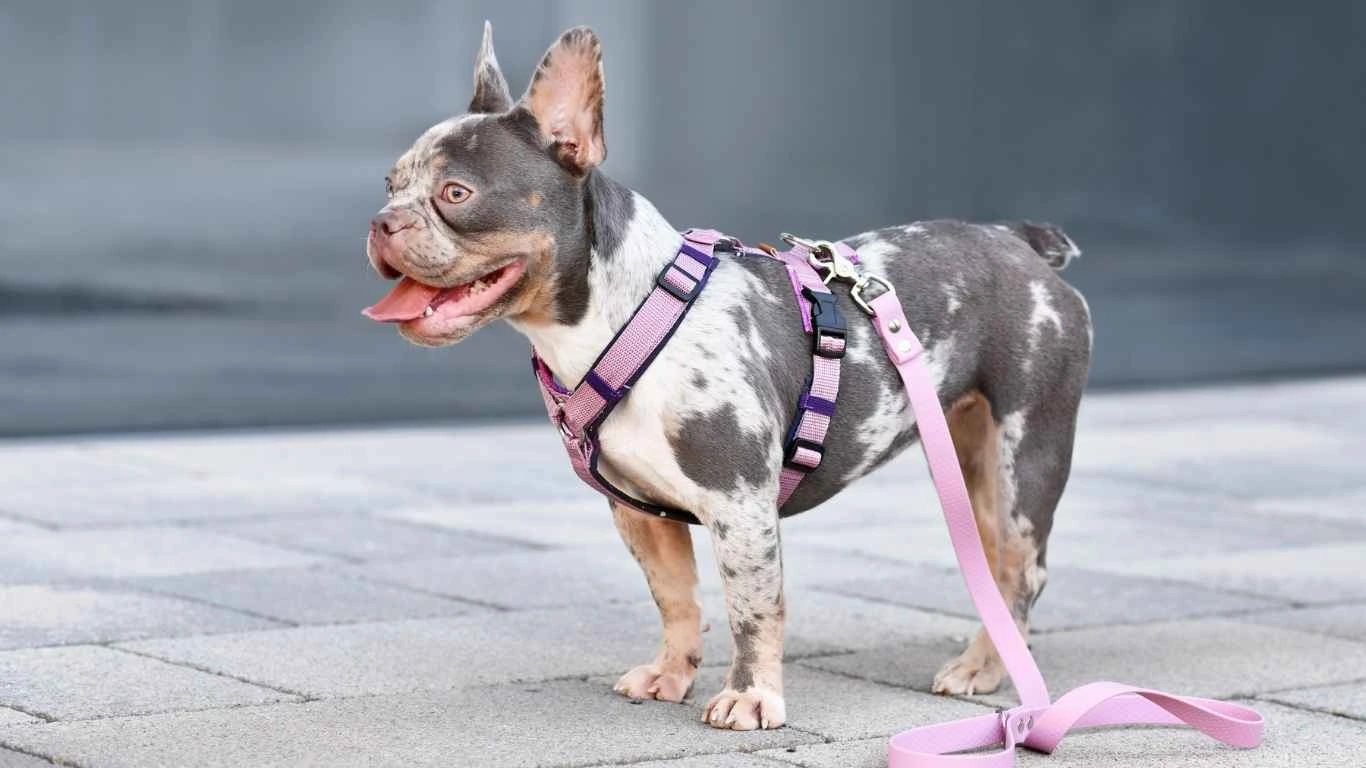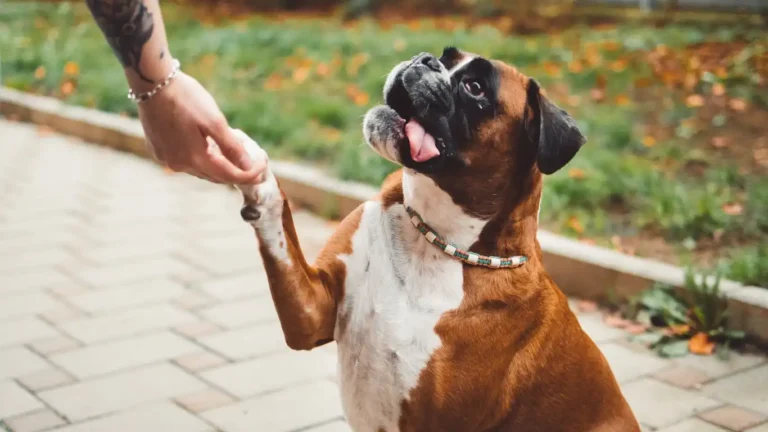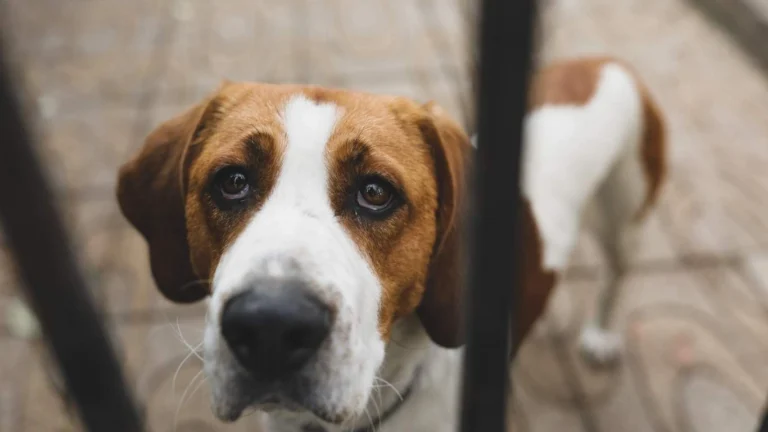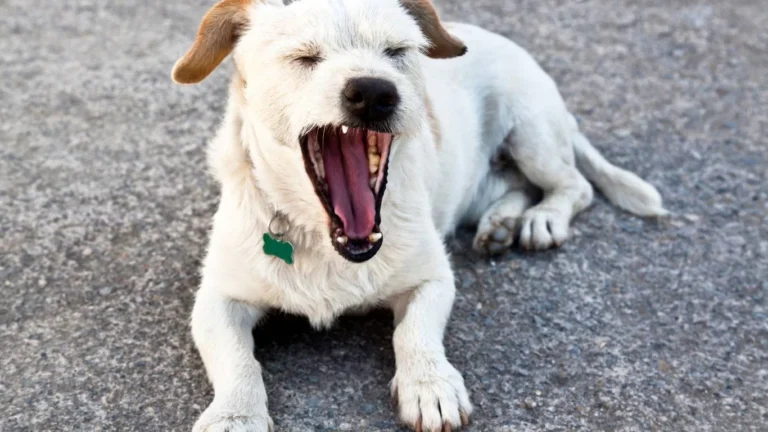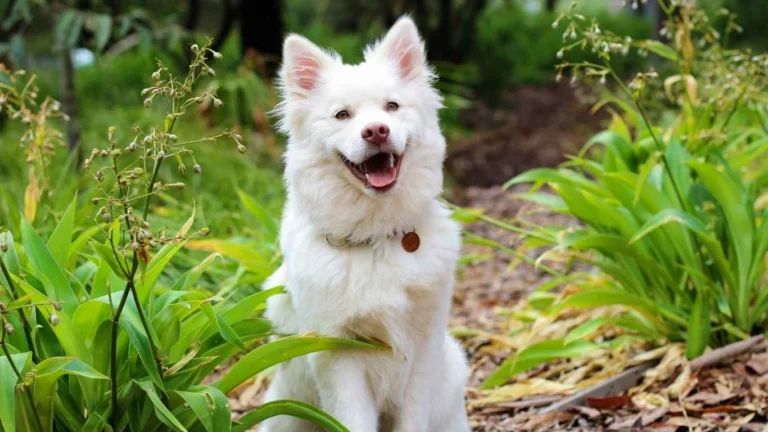Best Diet for a Dog Recovering from an Intestinal Infection: Essential Foods for Quick Healing
When your dog is recovering from an intestinal infection, the best diet for a dog recovering from an intestinal infection becomes a priority in ensuring they bounce back to full health. As an Animal Care Specialist, I’ve seen firsthand how vital proper nutrition is during this delicate period. Not only does it help the body heal, but it also aids in restoring balance to their digestive system, which can be severely disrupted after an infection.
In this guide, we’ll explore the key principles of feeding a dog recovering from an intestinal infection and why choosing the right foods can make all the difference. Whether you’re dealing with a bacterial infection or a viral one, the approach to their recovery diet is largely the same—gentle, easy-to-digest, and supportive of their gut health. Let’s dive into the specifics.
Understanding the Importance of Diet During Recovery

When dogs go through an intestinal infection, it’s not just about recovery in terms of their general well-being, but also about restoring the delicate ecosystem in their digestive tract. Think of the gut as a finely-tuned engine. When it gets knocked out of alignment by illness, it requires specific fuel to get it back to its optimal state. This is where diet plays a huge role. A carefully planned recovery diet can help heal the gut lining, support the immune system, and prevent any further complications.
As a pet owner, it can be overwhelming to navigate what foods are safe and effective for your dog. That’s where my experience comes in handy. I’ve worked with many dogs during recovery from various gastrointestinal issues, and I’ve learned that choosing the right type of food is crucial. Sometimes, even the most subtle changes in their diet can have a profound impact on their healing process.
Choosing the Right Type of Food: Key Considerations
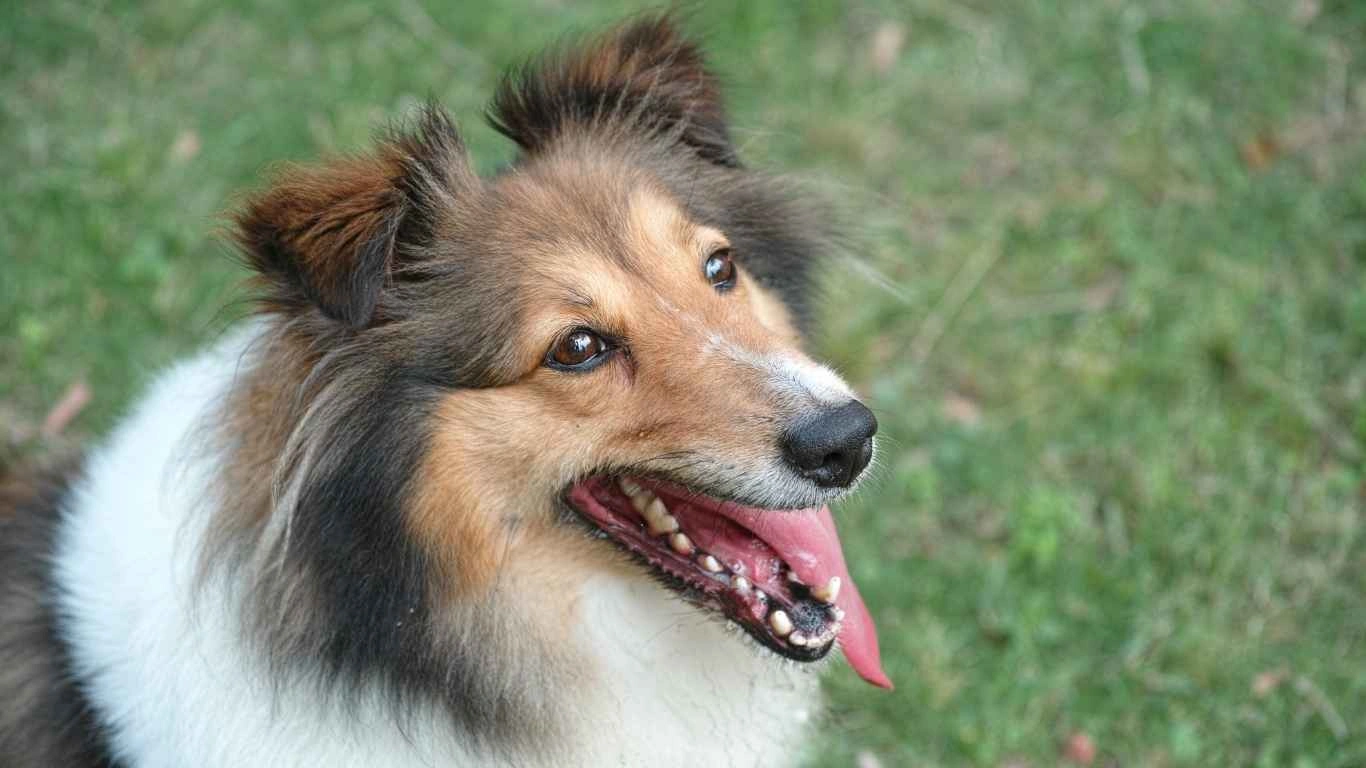
One of the first things to understand when it comes to a dog recovering from an intestinal infection is that their stomach may still be sensitive. After an infection, their digestive system is often inflamed and fragile, so it’s essential to pick foods that won’t irritate the gut further. The goal here is to choose foods that are gentle and can easily be absorbed by the body.
1. Easily Digestible Foods
The best diet for a dog recovering from an intestinal infection focuses heavily on easily digestible foods. The simpler the ingredients, the less work your dog’s body has to do to break them down. Look for options that contain highly digestible proteins like chicken, turkey, or fish. These are less likely to cause any digestive upset and are often used in recovery diets. Many veterinary-approved recovery formulas are also designed with this in mind, providing gentle nutrition while supporting gut repair.
It’s important to avoid foods that are too rich in fat, fiber, or complex ingredients that your dog’s stomach may still struggle to process. Stick with simple, wholesome foods like boiled chicken, white rice, or even specific veterinary recovery foods that are formulated for sensitive stomachs.
2. Low-Fat Content
During the recovery process, low-fat foods are often recommended because they’re easier on the digestive system. High-fat foods can be harder for the body to process, especially when the digestive tract is still healing. A diet with moderate to low fat content ensures that your dog isn’t overloading their system with heavy-to-digest fats that could lead to further discomfort or diarrhea. Keep in mind, though, that some fat is necessary for overall health, so balance is key.
3. Avoiding Certain Ingredients
In addition to focusing on easily digestible proteins, there are certain ingredients you’ll want to avoid. Artificial additives, high levels of carbohydrates, and some types of grains (especially corn or wheat) can irritate an already sensitive stomach. As tempting as it may be to give your dog their usual kibble, be sure to read the label carefully. If your dog has a known sensitivity to any particular ingredient, it’s best to avoid those during their recovery. Stick to natural ingredients that promote healing.
Hydration: A Crucial Element of the Recovery Process

One of the most overlooked aspects of helping a dog recover from an intestinal infection is hydration. After an illness that affects the digestive system, dehydration is a serious risk. Diarrhea and vomiting can quickly lead to fluid loss, and it’s essential to replenish those fluids to support the recovery process. But not all hydration is created equal. You don’t just want to give your dog water—they need electrolytes and balanced fluids to replace what’s been lost.
You can offer your dog an electrolyte solution specifically designed for pets, or you can make your own by mixing water with a pinch of salt and sugar. If your dog is refusing to drink, you may need to encourage them by offering water with a syringe or feeding them a bit of watery food like broth (unsalted, of course). In some cases, a vet might recommend an IV drip if dehydration is severe, so always keep an eye on your dog’s hydration levels and make adjustments as needed.
4. Gradual Transitioning of Food
After a dog has recovered enough to start eating again, it’s important to transition their food slowly. Going back to their usual diet too quickly can cause their sensitive stomach to react, leading to additional issues like bloating or diarrhea. Start by mixing their recovery food with their normal food, gradually increasing the proportion of regular food over several days. This slow introduction helps their digestive system adjust and prevents shocking the system back into its normal routine too soon.
Now that you have a general idea of what makes up the best diet for a dog recovering from an intestinal infection, it’s time to dig a little deeper into specific foods and supplements that can aid in their recovery. Stay tuned for more tips on how to support your dog during this crucial time. In the next section, we’ll dive into the importance of probiotics, prebiotics, and other essential nutrients that can speed up your dog’s recovery.
Supporting Recovery with Probiotics and Prebiotics
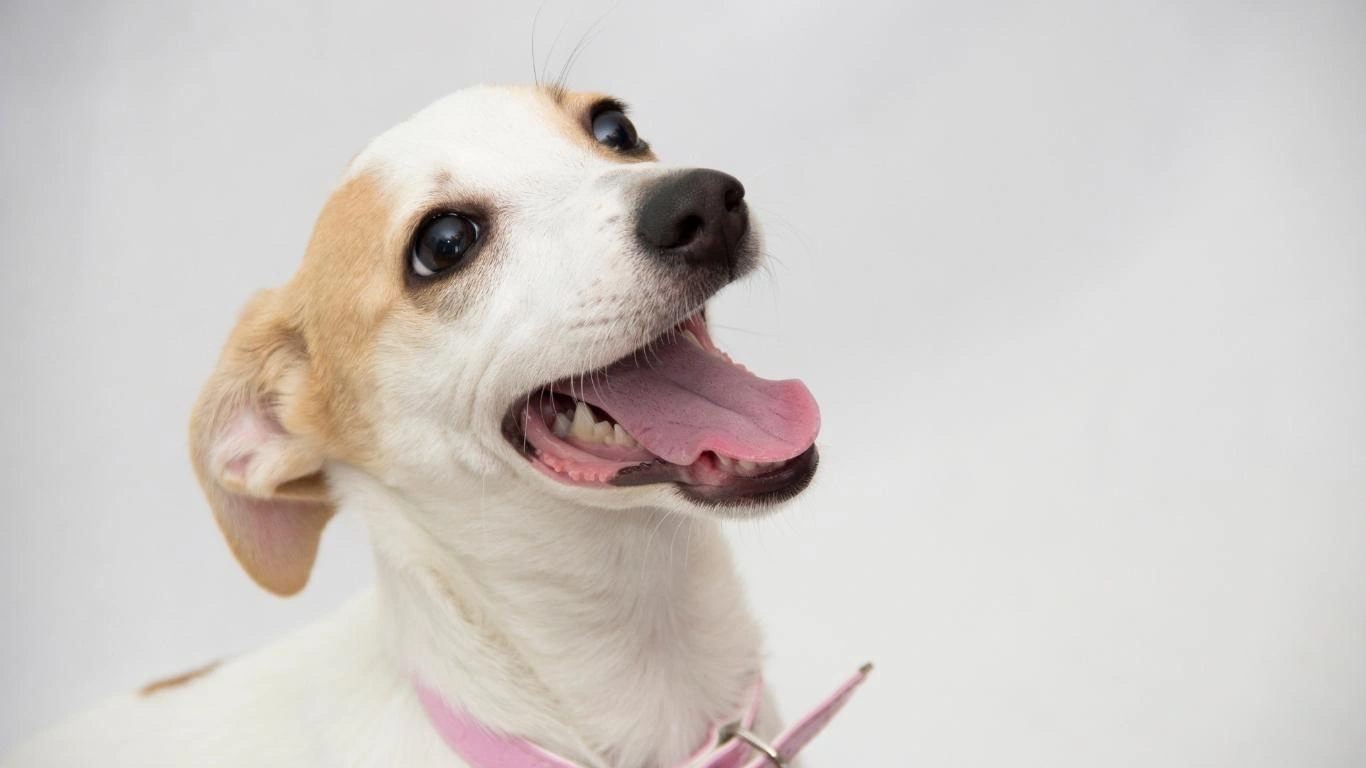
One of the most powerful tools in supporting your dog’s recovery from an intestinal infection is the use of probiotics and prebiotics. After an infection, your dog’s gut flora (the good bacteria) can be thrown out of balance, which is why restoring it is crucial for digestion and overall health. I’ve seen dogs thrive with the help of these beneficial bacteria and fibers, and it’s something I highly recommend for nearly every dog recovering from a digestive upset.
Probiotics are live bacteria that are similar to the good bacteria already in your dog’s gut. They help restore balance by reintroducing these beneficial organisms, which aids in digestion and nutrient absorption. Some probiotic-rich foods include plain, unsweetened yogurt (in moderation) and specially formulated pet probiotics, which are more tailored to your dog’s needs.
On the flip side, prebiotics are a form of fiber that nourish the good bacteria in the gut. When combined with probiotics, prebiotics work synergistically to maintain a healthy balance of gut bacteria. Foods like pumpkin (pureed and plain) are excellent prebiotics, and they can also be easy on your dog’s stomach during recovery. Adding these foods into your dog’s diet can help them heal from the inside out, ensuring they’re able to digest their food properly and absorb the nutrients they need to get better.
1. Vet-Approved Probiotics
If you’re considering probiotics for your dog, it’s always a good idea to consult with your vet before introducing them. Some dogs may need specific strains of probiotics depending on the nature of their infection, and your vet can guide you toward the best options for your pup. Many veterinary clinics also carry probiotics designed specifically for dogs, which can be a safe and effective way to help restore gut health during recovery.
2. Homemade Options for Gut Health
While many pet-specific probiotics are available, you can also take a more natural approach to boosting your dog’s gut health. For example, adding small amounts of plain, unflavored yogurt (with live cultures) to your dog’s food can be a simple way to introduce probiotics. But be cautious—some dogs are lactose intolerant, so always start with a tiny portion and monitor for any signs of upset stomach. If your dog seems fine with it, you can gradually increase the amount over time.
The Role of Soft, Moist Food in the Healing Process

Another aspect of your dog’s recovery diet that’s essential is the texture of the food you provide. After an intestinal infection, many dogs can struggle to eat dry kibble, especially if their stomach is still sensitive. The rough texture of dry food might irritate their stomach lining, making it harder for them to digest, or worse, triggering further discomfort.
That’s why soft, moist food is often the best option for dogs during this phase. Moist food is easier on their stomach and less likely to cause irritation. Whether you’re using a vet-approved recovery formula or preparing something at home, make sure that the food is soft and easy to digest. Boiled chicken mixed with a bit of broth or white rice is a great homemade option. You can even add a small amount of mashed sweet potato or pumpkin to help soothe the digestive tract while providing additional nutrients.
1. Canned Dog Food for Recovery
If you’re looking for something convenient and easy, many canned dog foods are designed specifically for dogs recovering from gastrointestinal issues. These formulas tend to be softer and more palatable, which makes it easier for your dog to eat. They also often contain added nutrients, electrolytes, and probiotics, all of which support a speedy recovery. Just be sure to pick a food that’s high in quality and free from artificial ingredients, as those can cause further irritation.
2. Homemade Soft Food Recipes
If you prefer to make your own recovery meals at home, there are plenty of easy recipes you can try. One of my go-to combinations for a recovering dog is boiled chicken breast, white rice, and a spoonful of pumpkin puree. The chicken provides lean protein, while the rice and pumpkin are gentle on the stomach. You can also try adding a little bit of cottage cheese or yogurt to provide some extra probiotics.
Homemade meals not only give you control over what your dog is eating but also allow you to cater to their specific needs during recovery. Just make sure the meals are simple and free from spices, garlic, onions, and anything else that could irritate your dog’s system. If you’re unsure about ingredients, it’s always best to check with your vet before serving it up.
Supplements to Speed Up Recovery
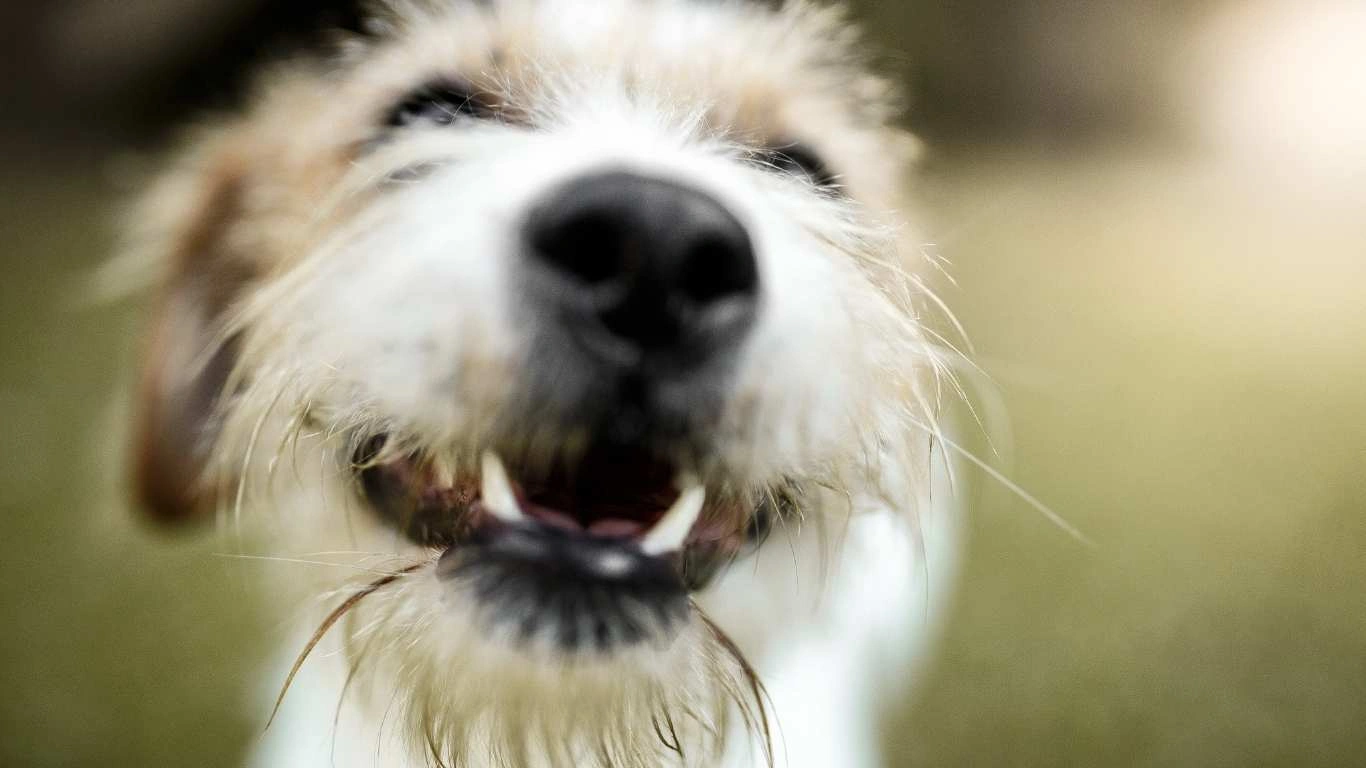
While a proper diet is essential, certain supplements can also be helpful for your dog as they recover from an intestinal infection. In my experience, these supplements can make a significant difference in speeding up recovery and ensuring that your dog’s gut remains healthy long after they’ve bounced back.
1. Digestive Enzymes
Digestive enzymes are naturally occurring proteins that help break down food into smaller, more absorbable particles. After an infection, your dog’s digestive system may need some extra support in processing food. Adding a digestive enzyme supplement can help boost digestion and prevent your dog from experiencing further discomfort. You can find digestive enzyme supplements specifically formulated for dogs, or you can ask your vet about recommended options.
2. Omega-3 Fatty Acids
Omega-3 fatty acids, often found in fish oil, are another excellent supplement for dogs recovering from intestinal infections. These healthy fats can help reduce inflammation in the gut and promote healing. Omega-3s are also beneficial for supporting your dog’s immune system, which is crucial as they recover from illness. Adding a fish oil supplement to their food can give their body the extra boost it needs to heal properly.
As always, before introducing any new supplements into your dog’s diet, it’s a good idea to consult with your vet. They can help you determine what’s safe and beneficial for your dog’s specific needs during their recovery process.
When to Consult a Veterinarian During Recovery

While most dogs will start to show signs of improvement once you begin implementing a tailored recovery diet, it’s important to know when to reach out to your vet. In my experience, knowing when things are progressing as they should—and when they’re not—can make a world of difference in a dog’s recovery journey. If you notice that your dog’s condition isn’t improving or they are experiencing worsening symptoms, such as prolonged diarrhea, vomiting, or lethargy, it’s time to get professional advice.
1. Signs of Complications
When your dog is recovering from an intestinal infection, there are certain red flags to watch out for. If your dog is still having consistent issues with vomiting or diarrhea several days after starting their recovery diet, it’s worth giving your vet a call. You should also be concerned if your dog is refusing to eat, drinking less water than usual, or showing any signs of pain (such as whimpering or not wanting to be touched around the abdomen). These symptoms could suggest complications or that the infection wasn’t fully resolved.
If your dog is showing any signs of dehydration (such as dry gums, sunken eyes, or lethargy), this is also a situation where you should contact your veterinarian. Dehydration can quickly worsen and may require medical intervention, such as an IV drip, especially in more severe cases. Remember, always trust your instincts as a pet owner—if you feel something is off, don’t hesitate to seek professional help.
2. Your Vet’s Role in the Diet
Your veterinarian plays a critical role in determining what foods and supplements are best for your dog’s recovery. If your dog is struggling with digestion post-infection, your vet may recommend specific prescription diets formulated for sensitive stomachs. These diets often contain higher levels of digestible proteins, prebiotics, and other essential nutrients that support the healing process.
Additionally, your vet can guide you on when it’s safe to begin transitioning back to your dog’s regular food. It’s tempting to go back to their regular kibble as soon as you see improvements, but remember that too quick of a transition could cause a relapse. Always take it slow and follow your vet’s instructions on how to reintroduce their regular diet gradually.
Returning to a Regular Diet: Gradual Transition is Key

Once your dog is well on the way to recovery, it’s time to think about transitioning them back to their regular food. But don’t be in a rush to make this change. After an intestinal infection, your dog’s digestive system is still healing, so it’s crucial to take it slow to avoid upsetting their stomach once again.
1. Slow and Steady Wins the Race
During the transition back to their regular food, you’ll want to gradually mix the new food with the recovery diet over a period of at least 7-10 days. This gradual change gives your dog’s digestive system time to adjust without overwhelming it. Start by adding a small amount of the regular food to their recovery food, and then slowly increase the amount of regular food while decreasing the recovery food. By the end of the transition period, your dog should be back to their normal meals without any digestive hiccups.
During this time, monitor your dog for any signs of discomfort or digestive upset. If your dog starts showing signs of bloating, diarrhea, or vomiting again, slow down the transition or contact your vet for further guidance.
2. Post-Recovery Care: Keeping Your Dog Healthy Long-Term
Once your dog has fully recovered, it’s important to continue supporting their gut health to prevent future issues. Regularly incorporating healthy, easily digestible foods, along with probiotics and prebiotics, can help maintain a balanced gut flora. I’ve found that dogs who continue to eat a well-balanced diet, including fiber-rich foods and high-quality proteins, tend to have fewer issues down the line.
Don’t forget about regular exercise either. Keeping your dog active promotes good digestion and overall health. If you’ve noticed that your dog has become a little sluggish during their recovery, make sure to gradually reintroduce physical activity into their routine. Start with short, gentle walks and increase the intensity as your dog’s energy levels return to normal.
Common Misconceptions About Recovery Diets
As much as we all want to help our pets recover as quickly as possible, there are some common misconceptions about recovery diets that can actually do more harm than good. One of the biggest myths I’ve encountered is that dogs recovering from an intestinal infection need to eat bland food for weeks on end. While it’s true that bland food is gentle on the stomach, long-term feeding of bland diets (like just rice and chicken) isn’t nutritionally complete for your dog. Over time, this can lead to deficiencies in essential vitamins and minerals.
Another myth is that dogs need to fast for days to allow their stomachs to rest. While fasting may have been suggested in the past, more recent research shows that it’s actually better to feed small, frequent meals of bland, easily digestible food. Fasting for extended periods can lead to a drop in blood sugar levels, especially in small or young dogs, and it doesn’t necessarily help their digestive system heal faster.
Lastly, some owners believe that they can simply return to regular feeding as soon as their dog seems better. As mentioned earlier, jumping back to a regular diet too quickly can lead to setbacks, so be sure to follow the gradual transition method to avoid any issues.
References
- American Kennel Club
- Digestive Health for Dogs – AKC
- How to Feed Your Dog After Surgery or Illness – PetMD
Disclaimer: This article is intended for informational purposes only and should not be considered a substitute for professional veterinary advice. Always consult with your veterinarian before making any significant changes to your dog’s diet, particularly if they are recovering from an illness or infection.
